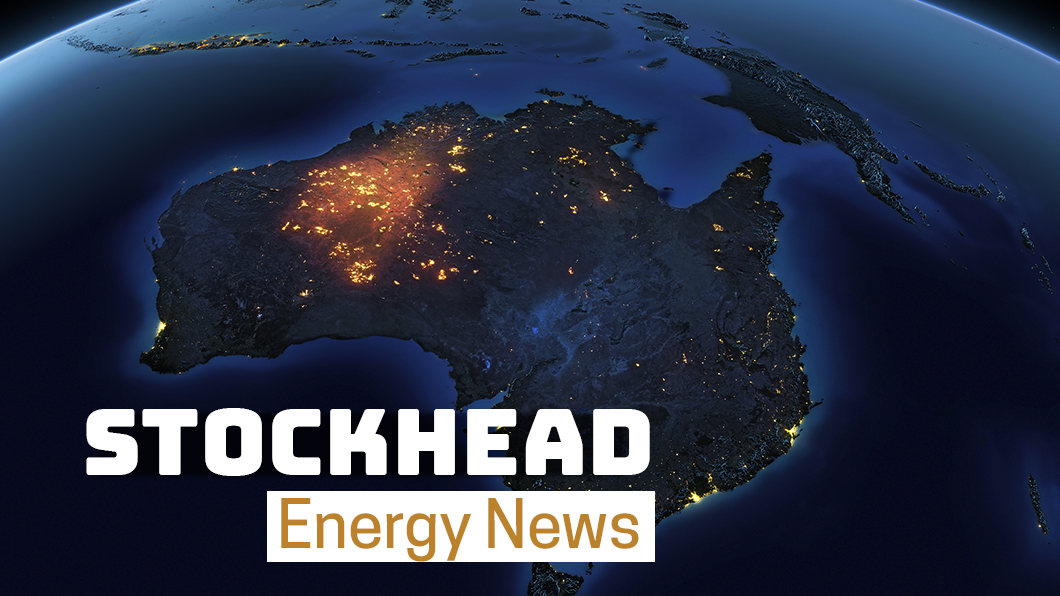COVID-19 might be about to wreak havoc among energy retailers

Pic: Matthias Kulka / The Image Bank via Getty Images
If the biggest industry restructure wasn’t enough, the energy sector may have to deal with a dramatic drop in demand, if signs from Europe are an indication for the future in Australia.
The dual crises of health and economic shutdown have sent energy demand down by 20 per cent and 10 per cent in Italy and Spain respectively.
China’s oil, gas and coal demand dropped dramatically during its shutdown, and the US is beginning to see similar declines in its states.
Morgans analysts say while energy retailers are likely to be resilient and typically would be considered defensive investments, there are a range of problems created by the government’s COVID-19 response that are yet to fully appear.
“Social distancing, by necessity, has meant a rapid slowing of demand which could intensify if Europe is any guide for Australia,” Morgan’s analyst Max Vickerson said in a note.
Where the risk is
“We haven’t seen as large a demand drop in Australia, however it is possible if heavy industry reduces its activity,” Vickerson said.
“We think that residential and wholesale electricity demand will be fairly resilient.”
In FY18, commercial services used the most electricity with 28 per cent of the total. Residential demand was the second largest at 24 per cent, followed by manufacturing at 22 per cent.
Wholesale customers include aluminium smelters which need to run 24/7 and fall into the essential services category, coal mines and chemicals producers.
Commercial customers, such as hotels and retailers are facing severe restrictions on their normal activity which reduces overall energy demand.
With the instruction to stay at home, Vickerson believes residential electricity demand should remain strong.
The risk here is that mass job losses mean bad debts at energy retailers will rise as will the number of households that struggle to pay their electricity bill if jobs are lost.
The flip side is that energy prices on the spot market are low at $40 per megawatt-hour (MWh) thanks to a combination of increasing renewable generation and lower gas prices.
“We think it’s unlikely for prices to fall significantly lower from here as spot prices are eliminating the short run marginal profit (electricity price needed to cover fuel costs) for some coal fired generation,” Vickerson said.
Aussie energy retailers
In the small cap space there is only one listed retailer, Infigen (ASX:IFN).
It competes against Mercury NZ (ASX:MCY) and Meridian Energy (ASX:MEL), both from New Zealand, and AGL (ASX:AGL) and Origin Energy (ASX:ORG).
Vickerson says Infigen mainly makes its money from selling power from wind farms rather than retail, of which 80 per cent is sold under long-term fixed contracts.
Furthermore, half of its retail business is directly with commercial and industrial customers, meaning it doesn’t have any exposure to the households that could cause it problems with bad debts.
Infigen holds $612m in debt but also has $95m of cash, which Vickerson says provides a decent buffer against any shocks.
“We think the company should be able to handle significant disruption to the market of up to six months, however its balance sheet would likely need additional capital should there be a prolonged disruption,” Vickerson said.
He says Origin’s exposure to oil and gas markets and AGL’s large retail business make them riskier investments.
Related Topics

UNLOCK INSIGHTS
Discover the untold stories of emerging ASX stocks.
Daily news and expert analysis, it's free to subscribe.
By proceeding, you confirm you understand that we handle personal information in accordance with our Privacy Policy.








